I’m Scottie Cole, and this week, it’s my turn to be interviewed by our marketing specialist. Unlike my Raxis colleagues, I’ve been friends and worked with Jim for well over a decade (that is, if you consider what he does actual ‘work.’ ) What follows is our best attempt at an interview, but it highlights one of the things I like best about this team: For as hard as we work, we also have a lot of fun. If that sounds like an environment that would bring out your best, check out our careers page and learn more about our opportunities.
Jim: I seem to remember you having much darker hair when we first met.
Scottie: That’s right! And I seem to remember you actually having hair when we first met.
Jim: True enough. You were responsible for our internal security at the cybersecurity company where we both worked for many years. Some of our readers might think that would be an easy job or maybe even redundant.
Scottie: Thanks to you and your marketing people, I always had plenty of new risks to mitigate.
Jim: You’re welcome.
Scottie: Seriously, security companies are frequent targets of hackers, so we have to pay extra attention to keeping our own house in order. We have customers counting on us, of course, but we also have our reputation to protect. That raises the stakes and adds a lot of pressure.
Jim: Given your previous jobs, you were accustomed to working under pressure, right?
Scottie: I spent several years as a dispatcher, a firefighter, and a law enforcement officer. Those jobs gave me plenty of experience working in high-stress situations. In cybersecurity, the ‘bad guys’ are different, and the fire drills aren’t literal, but the consequences can still be very severe. That’s especially true when you consider how many devices are being connected to the internet now.
Jim: You’d know that better than most. Your house is like Area 51, except with more electronics.
Scottie: Well, maybe more radios.
Jim: That’s right. You’re a HAM radio operator. How’d you get into that? More importantly, why?

Scottie: As a dispatcher, I became fascinated with radios. When cell service and other forms of communication go down, the HAM operators can continue to broadcast, and that’s an important civil defense benefit. During the terrible hurricane in Puerto Rico, for example, it was the HAM operators providing updates to people in the US. Think about how relieved people were to hear that their loved ones were okay. Or how important it was to know what relief supplies were needed where.
Jim: Is that how you found your way into the IT security world?
Scottie: That was actually more by chance than by design. As you remember, our former company was growing fast, especially in the early days. They needed help, so a friend of mine offered me an opportunity to join the team and learn about infosec. Being a first responder was a great job, but cybersecurity offered better pay and more predictable hours . . . in theory.
Jim: I’ve asked other team members how they found Raxis, but as I understand it, Raxis found you.
Scottie: That’s right. In my previous job, I didn’t like to take phone calls for security reasons.
Jim: I thought it was only my calls you didn’t take.
Scottie: There were a lot of reasons I didn’t take your calls. But I was always wary, and the folks at the front desk knew to screen everyone. But (Raxis’ COO) Bonnie Smyre actually got me on the phone to talk about doing a penetration test for us. My first thought was, “She must be really good if she got through that easily.”

Jim: Did you hire Raxis for the pentest?
Scottie: Yep. But I also got to know Bonnie, (VP of business development) Brad Herring, and (CEO) Mark Puckett and realized this is the type work I want to do, and they are the people I want to work with. As I met other team members, I knew it was a great culture and a great team, so I jumped at the opportunity to join them.
Jim: What’s your favorite part of the job?
Scottie: What’s not to like? I get paid to hack into other people’s networks. I get to learn from the best in the business and share what I know with them. It’s an outstanding company in a space that’s becoming a lot more important. When business owners say that a network breach would be more damaging than a fire, you understand just how critical cybersecurity is in our daily lives.
